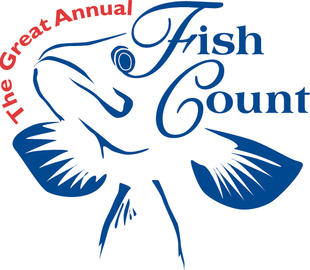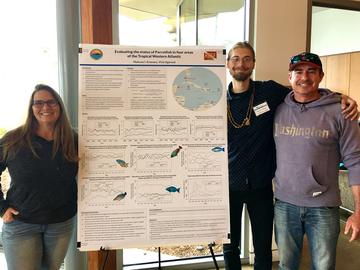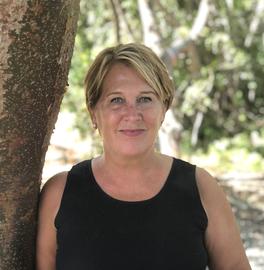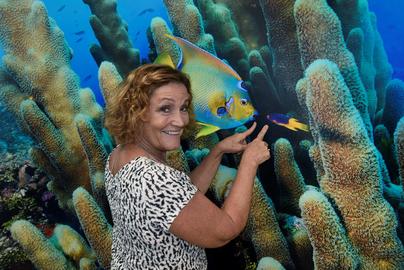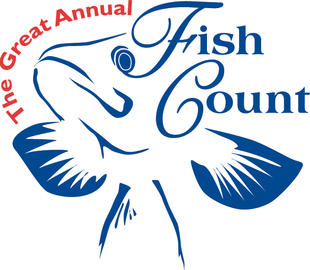This month, REEF is proud to highlight one of our outstanding Conservation Partners: Buddy Dive Resort in Bonaire. REEF Conservation Partners are active organizations and dive shops dedicated to protecting marine environments. As valued REEF ambassadors, they teach fish ID classes, host survey dives, organize volunteer events and more. Read on to find out how you can get involved with these centers of conservation action!
Join Sea Experience, in Fort Lauderdale, FL for a GAFC event that also celebrates PADI Women's Dive Day! Divers (both men and women are welcome) have a choice between completing REEF surveys, or collecting marine debris on both morning and afternoon charters. Prizes will be awarded to participants and everyone is welcome to join in the fun!
Morning check in starts at 8am, and the afternoon check in is 1pm.
Join Sea Experience, in Fort Lauderdale, FL for a Great Annual Fish Count event that also celebrates PADI Women's Dive Day! Every July, divers and snorkelers worldwide join to learn about marine life and conduct fish surveys as a part of REEF's ongoing Volunteer Fish Survey Project. At this event, divers (both men and women are welcome) have a choice between completing REEF surveys, or collecting marine debris on both morning and afternoon charters. Prizes will be awarded to participants and everyone is welcome to join in the fun!
Herbivores play a critical role in balancing coral reef ecosystems. In the Caribbean, this role is mostly filled by parrotfish, surgeonfish, and sea urchins. Parrotfish take their important role one step further in that their constant scraping of algae growing on rock and dead coral results in a lot of poop, which is effectively the nice white sand found on beaches. A single parrotfish can generate up to 700 pounds of sand a year. Parrotfish are also a favorite food fish, and unfortunately their populations have been heavily depleted in many areas.
Caroly Shumway has left REEF after serving as its Executive Director to pursue opportunities related to addressing climate change. While at REEF, she helped advance our strategic partnerships, scientific applications of our programs, and our financial and regulatory procedures. We are grateful for her contributions to the organization. Caroly remains a committed conservationist, and we wish her well in her future endeavors.
Thanks for your interest in the 2019 Pompano Beach Lionfish Derby, organized by Shipwreck Park Pompano Beach.
This month, we are saying farewell and best wishes to Bonnie Barnes, who served as Development Manager since April 2017. Bonnie has accepted a position as Executive Director of the Deering Estate Foundation in Miami.
Join marine life author and Pacific Northwest identification expert Greg Jensen, for a presentation titled, "Through the Looking-Glass: Pacific Northwest Look-alikes." This presentation will focus on advanced Pacific Northwest invertebrate identification, and all are welcome! Light refreshments will be available.
The class will be held from 7pm to 9pm at the Snack Shack in Saltwater State Park. A Washington State Discovery Pass is required for entry to Saltwater State Park, or you can buy a day pass at the park for $10.
Join Friends of Saltwater State Park, a REEF Conservation Partner, for a Great Annual Fish Count event at Saltwater State Park in Washington State. Join fish and invertebrate identification presentations that will cover how to find and identify common species in the Pacific Northwest. Everyone is welcome, whether you are a marine-life enthusiast, underwater photographer, a beginning surveyor wanting to achieve REEF PNW Experience Level 2, or if you just want a refresher.


